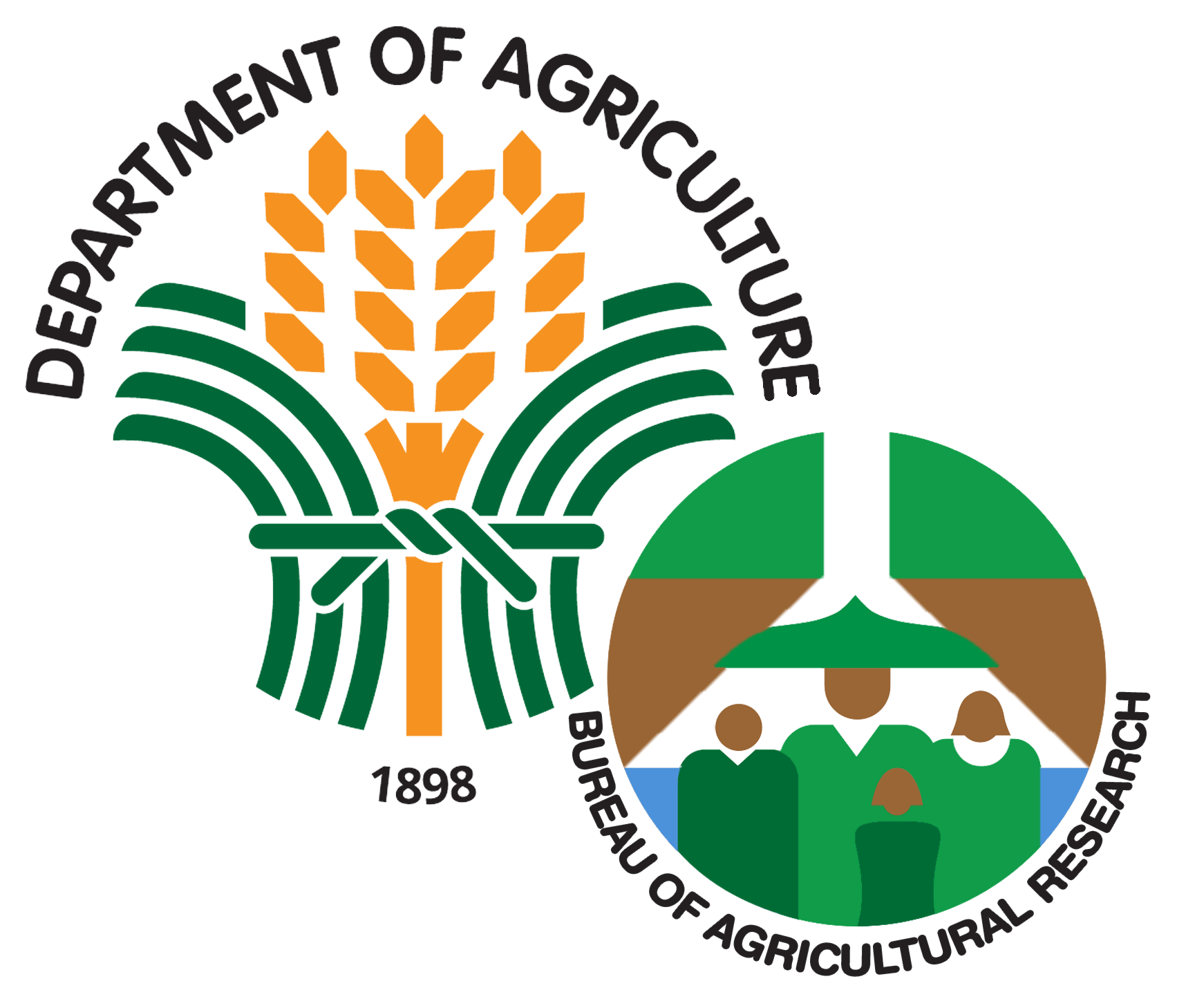To provide an overview of the R4D programs funded and being coordinated by DA-Bureau of Agricultural Research, the Program Monitoring Evaluation and Linkaging Division (PMELD) facilitated the fifth episode of the bureau’s Program in Focus (PIF) featuring the Rice research for development (R4D) Program on 3 May 2024 via Google Meet.
PMELD Rice R4D focal Julie Ann Dulay presented and discussed details of the program such as the investment status, project and program results and salient accomplishments, encountered problems and challenges on the implementation, and the ways forward in pursuit of the further use and adoption of the project results. She emphasized the projects’ and its activities alignment to the four core strategies set under the Masagana Rice Industry Development Program for 2023-2028 - MAtatag (climate change adaptation or resiliency), SAma-sama (clustering and consolidation of farms), Ganado (motivated farmers in the rice value chain), and NApapanahon (digital transformation to improve farming practices and program implementation).
Some of the highlighted projects were geared towards development and deployment of digital and precision rice farming such as Philippine Rice Information System (PRISM), RCM Advisory Service (RCMAS), Pest Risk Identification and Management (PRIME) which are now being used by the department and its regional field offices’ operating units, Agricultural Training Institute, and Bureau of Plant Industry as reference and decision support tool for extending and providing the interventions and assistance under the DA’s Rice Program.
Dulay also summarized in her report the Rice R4D investments made for the year 2011 to 2023 as well as targets for 2024, breaking it down into regional distribution and agency type, project count, and budget allocation.
Raymond Patrick Cabrera, Rice R4D lead focal and PDD head, in his message, underscored the DA-National Rice Program’s (NRP) guidance and assistance to DA-BAR by providing the enabling support and policy issuances for the cascading, use and adoption of the project outputs to the regional and local partners. Best practices within the projects were also shared such as embedding the capacity building activities for the partners and next users of the projects for sustainability, and creating interagency national technical working groups and regional focal persons to ensure accountability and direction setting to the projects and its activities.
As a way to further intensify the transfer and scaling of the outputs developed from BAR-funded rice R4D programs, activities, and projects (PAPs), DA-BAR rice R4D team commits to strengthening its support to the bureau's knowledge exchange activities on rice-related technologies. Likewise, the team emphasizes the importance of strategically communicating these technologies to its targeted next- and end-users, such as extension workers, policy makers, and other relevant rice stakeholders, in maximizing the intended benefits of these.
The DA- BAR continues to lead the strategic management and coordination of rice R4D interventions, with support from its partner R4D implementing institutions such as DA national and regional offices, state universities and colleges, local government units, and the private sector.


